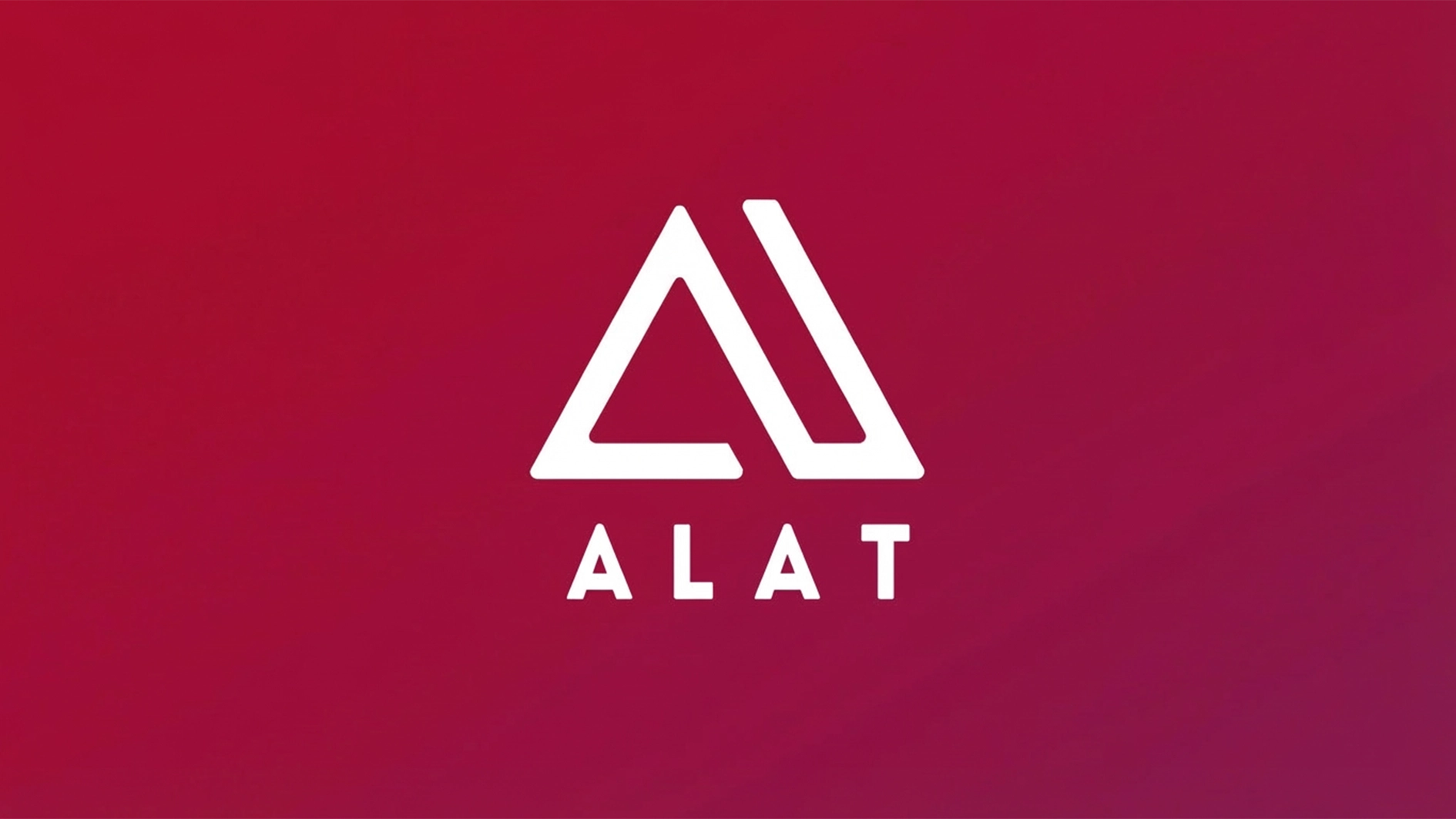
With the ease of internet availability and mobile devices, Africa has witnessed a remarkable surge in the number of online traders. The dynamic young population in Africa has shown keen interest in making a side income from financial markets. After the covid 19 pandemic, the work from home culture has further augmented the number of participants in the capital markets.
Africa witnessed a growth of more than 50% in the number of retail online traders since mid-2020. Among the African nations, online trading activities have grown the most in Nigeria due to cheap mobile data, mobile devices, resourceful features offered by the online brokers. The sizable young population in Nigeria has taken a keen interest in online trading. Eagerness to participate and desire to get rich quickly has made online trading trendy in Nigeria.
Online trading has several advantages over traditional brokers used for trading. However, there are always two sides to a coin as there are some drawdowns to choosing online trading over traditional trading mechanisms.
How Online Trading is Better than Traditional Brokers? – Pros of Online Trading
The online mode of trading has dramatically increased the reachability of capital markets. Following are the major reasons why online trading can be a better alternative than choosing traditional brokers.
-
Lower Fees
The traditional brokers charge a much higher amount as commission to execute trade orders. Generally, a licensed stockbroker can charge 2% to 4% of the trade amount in Nigeria. Compared to this, the online trading brokers in Nigeria charge a much lesser commission of about 0.7% to 1%. Some online brokers even work on zero commission/spread model charging fixed amount on a trade.
All the online brokers can be accessed from anywhere through the internet from web or app. This has created a competitive environment among the online brokers and they are forced to offer competitive pricing and some online brokers like Stanbic ITBC E-Trade that is licensed by NGX have even started offering zero balance accounts to encourage more traders to sign-up.
Many online brokers have multiple fee structures based on services and features offered to them. Multiple account types with different fee patterns are offered by online brokers to suit every type of trader.
-
Better Accessibility
To execute a trade order with traditional brokers, traders are required to make a call to their broker and provide trade information. This processing is less flexible and consumes more time to process the trades. Prices could change during this time. This is not the case with online trading as all the trade orders are provided within a few clicks.
Information of every capital market and their price movements are available on mobile, PC, and Tablets. Trade orders can be executed remotely with a single click within a second. There is no time lag in processing the trade orders. Features like stop loss, take profit, limit order, can be utilized in lesser time with much better accessibility.
-
More Tools
There are plenty of indicators, strategies, and tools that can assist in making a better trading decision. With the advancement of online trading services, many new tools have emerged in recent years while many are still in the making. The research and analysis tools are not available and accessible with the traditional brick and mortar brokers.
Trading tools can be much helpful in the analysis of the capital markets. Experienced traders use multiple tools for analysis before opening a position. The conventional brokers do not offer any such tools and the research and analysis need to be done independently.
-
More Investment Options
Multiple capital markets from different parts of the world can be accessed within a few clicks through online trading. Trading can be done online in any international market available with the chosen broker.
A traditional broker provides access to a limited number of instruments and markets. Many international markets were out of reach to Nigerian traders before the introduction of online trades. More trading instruments create more trading opportunities and allow traders to choose the most suitable market.
-
Access to Real-Time Information
The live market trends, news, and updates are available to every trader online. It is much easier to stay up to date with the latest events across the globe that can impact the capital markets.
Traditional trading required traders to go through newspapers, magazines, and online news on their own to stay updated with the market events. The online trading brokers in Nigeria notify traders with real-time data, news, events, trends, and sentiments. This can greatly enhance informed trading and increase the success rates of trades.
-
No Broker Bias
Brokers can be biased towards some of the capital markets or financial instruments for their personal interest. They suggest and can also force their clients to stay bullish or bearish on a particular instrument. Most of the traditional trades were processed on phones where traders provided details of the trades to the broker. Manipulation could be done over the call to change the decision of the trader. No such thing is possible in online trading.
All the trade orders are executed by the trader on their own without consultation or suggestion from anyone. No one can influence the decision of the trader for their interest.
How Online Trading can be Riskier than Traditional Brokers – Cons of Online Trading
Despite above advantages, online trading does have some risks and drawbacks when compared to traditional brokers.
While Online Trading provides an opportunity to traders to make side income remotely from anywhere. This opportunity, however, comes with a responsibility and traders must stay vigilant while trading online. Following are some of the risks involved and cons of trading online in Nigeria.
-
Gambling and Addictive Tendencies
Online trading is accessible to almost every individual in Nigeria and involves substantial financial risk. This generates a gambling tendency in new traders if they gain good in the initial phase. Even many experienced traders end up with drastic outcomes due to addiction to taking high risks for high rewards.
In contrast, higher barriers to entry, extra steps required in placing trades through traditional brokerages; prevents or makes it difficult for inexperienced traders to access trading; making it accessible and suitable to only a few experienced traders.
To prevent gambling behavior, online traders must control their emotions while making a trading decision. The orders must only be executed after thorough research and analytical judgment. Trading online without a plan and objective will most likely lead to gambling tendencies.
-
Scams and Unregulated Investment Products
Due to ease of availability and a phenomenal rise in demand, the scams associated with online trading have also increased exponentially. There are plenty of online brokers available in Nigeria, some of them are regulated by NGX or SEC, some are offshore regulated, and a few are not regulated at all.
Choosing an SEC or NGX regulated broker is the safest option if you want to trade stocks or derivatives or bonds; but forex and CFD brokers are not yet regulated in Nigeria, so you must be careful in choosing such brokers. An offshore top-tier regulated forex broker can be considered safe for traders looking to trade CFDs or Forex pairs.
Choosing an unregulated broker or trading service provider is highly risky and must be avoided completely. Unregulated brokers are very likely to be fake or scam. Traders should look for red flags like delayed withdrawals, forced to execute trades, unsolicited advisory, convincing for quick deposits, etc. Choosing a regulated and licensed broker should be the priority.
Traditional broker model prevented these scams to much extent; as there were very few brokers that were often large financial institutions/banks that you needed to connect over direct phone line or through specialized terminal (available to institutional investors) or secure medium of branch/trading floor.
-
Overtrading
The ease of access to the capital markets in online trading may lead newcomers to overtrading. Since there is no one in between trader and trading platform, too many trade orders can lead to drastic outcomes. Overtrading tendencies are of two types – opening too many positions on a single instrument and opening too many positions of different instruments. Both can be equally hazardous and must be avoided. Trade orders must be placed on analytical judgment with limited risk exposure. Trading with unknown capital markets and instruments is similar to gambling and must be avoided.
Overtrading was less prevalent in traditional broker model as very experienced traders had access to the markets. These traders often did analysis themselves and made trading orders based on long term bias rather than short term trades.
-
Connectivity and Technical Issues Causing Error in Trade Orders
Relying on technology for interacting with financial markets has its cons. If you are trading via the internet, the connection needs to be strong and safe. Public wi-fi connection is not recommended for trading online. Weaker connection leads to improper data transmission which may interfere with the details of the trade order.
Power failure, software glitch, devices getting hanged during the trade execution will not allow you to open the preferred position. You might miss profit-making opportunities or make a loss due to technical issues.
-
Hacking and Phishing
Online trading accounts are at much higher risk of being hacked and targeted by Cyber-attacks as compared to traditional brokerages where you connect to broker via fixed phone line or dedicated terminal or through offline mediums.
To prevent hacking risks, the devices used for online trading should have anti-virus and anti-malware software installed. Traders should use 2-factor authentication, facial and fingerprint lock for the trading application for added safety.
The passwords and user ID credentials must never be compromised at any cost. Passwords should be strong, hard to predict, and must not be shared with anyone. Unsolicited advisories are most likely to be phishing schemes seeking your data and deposits. They generally promise unreal returns with little or no risk at all. Traders in Nigeria should stay woke and away from these fake elements.
Bottomline
Online Trading has improved the way we trade by making markets accessible to everyone. It has improved the underlying technology behind the market’s delivery, cut the costs by removing the need for human intervention, it is providing direct access to worldwide markets and reducing time lag in placing orders and helping us in making informed decisions. But this has also made us prone to human errors and cyber risks.
So, should you stay away from Online Trading?
As an informed trader, one should not avoid the technology in our lives, but one should embrace and make use of technology to improve our lives. The above risks could be reduced by being more analytical, informed and vigilant.






